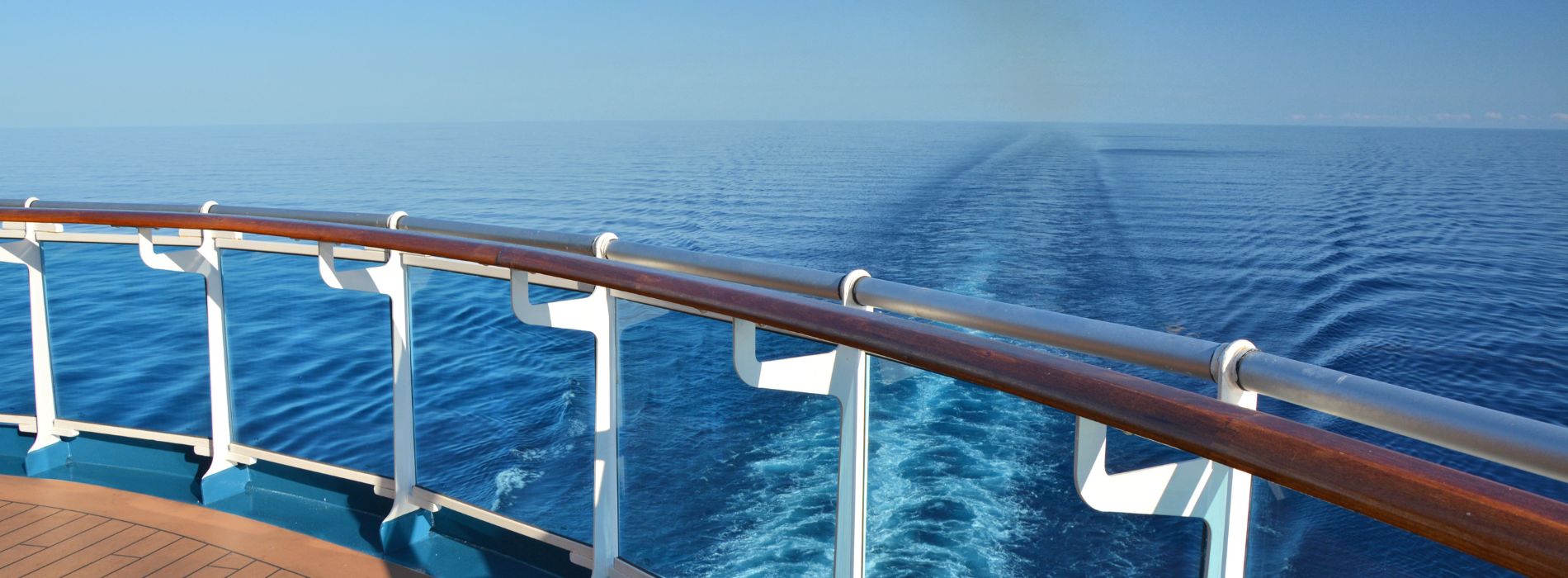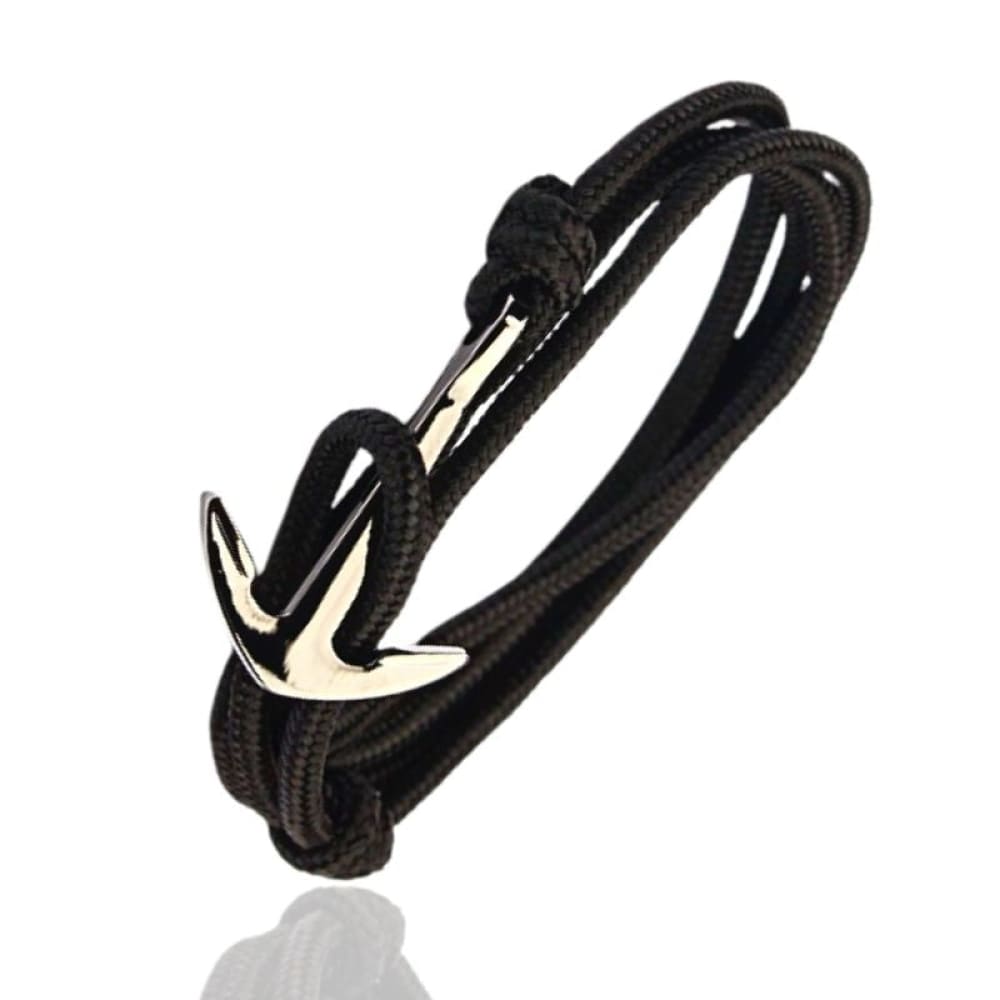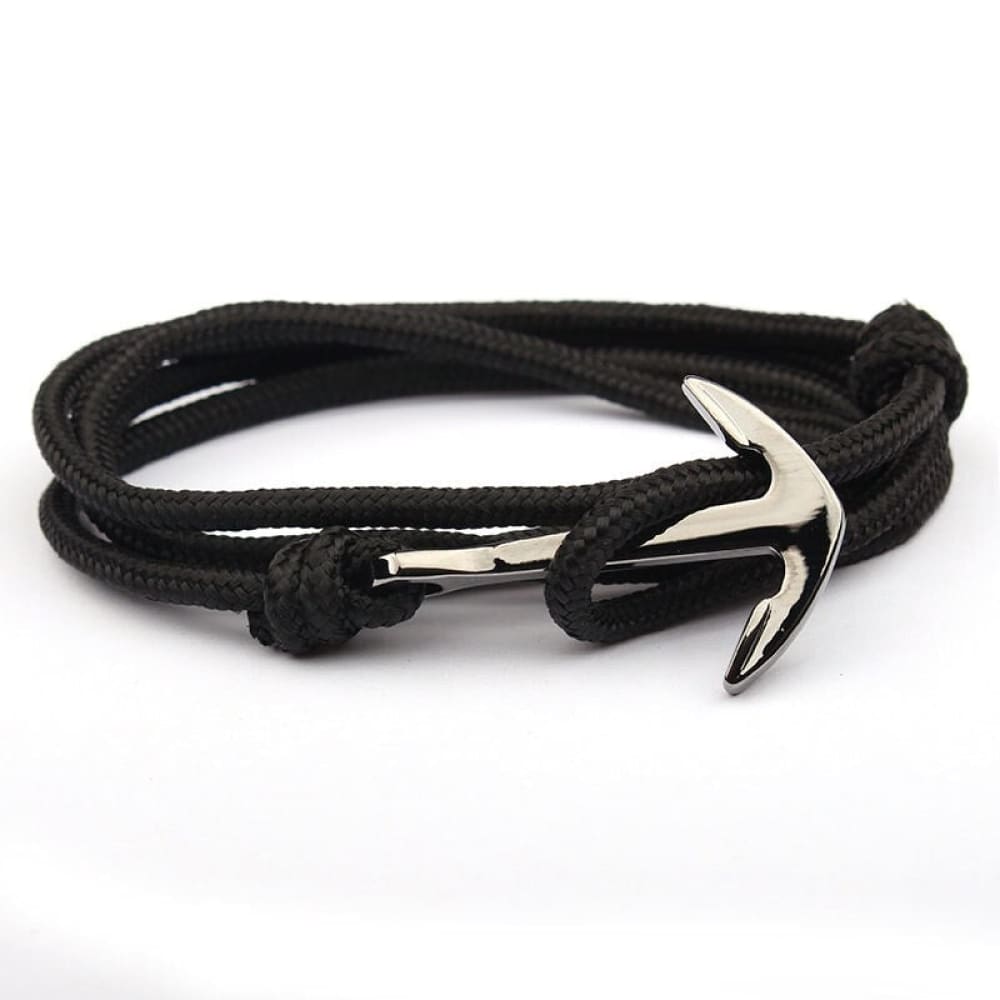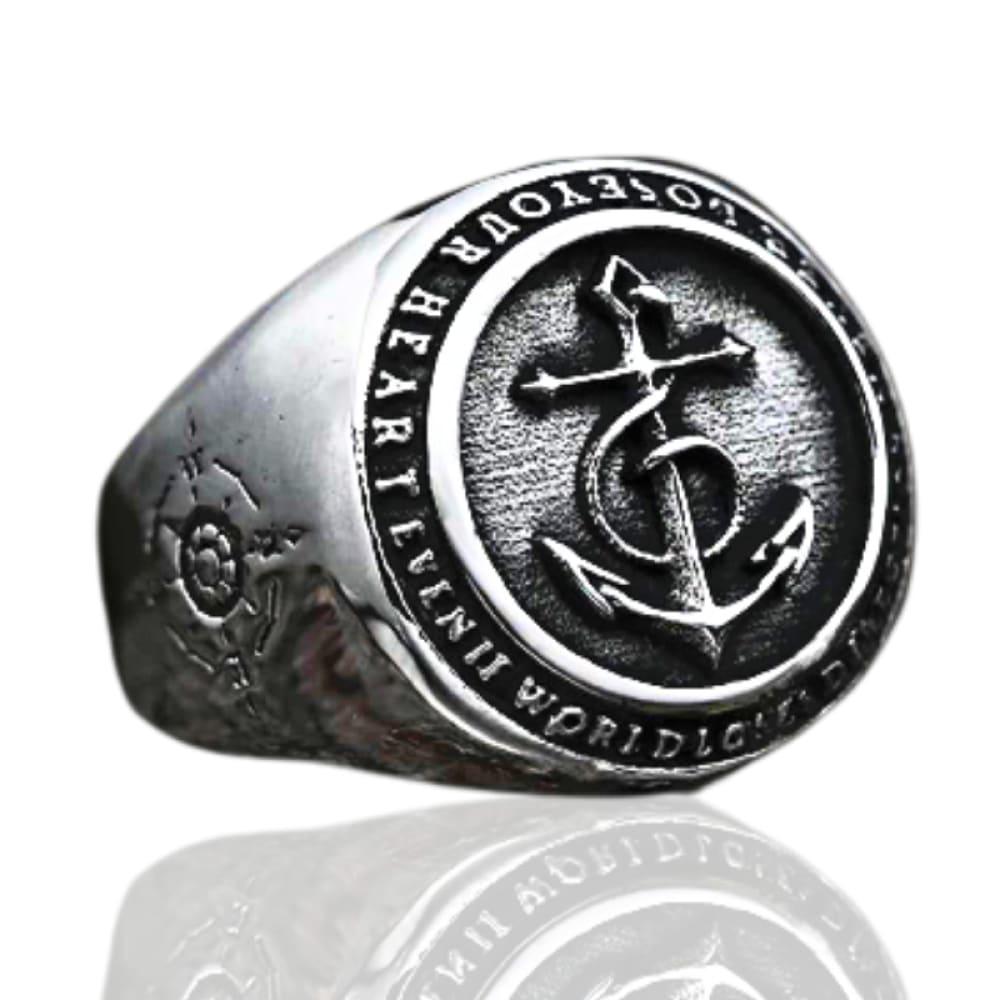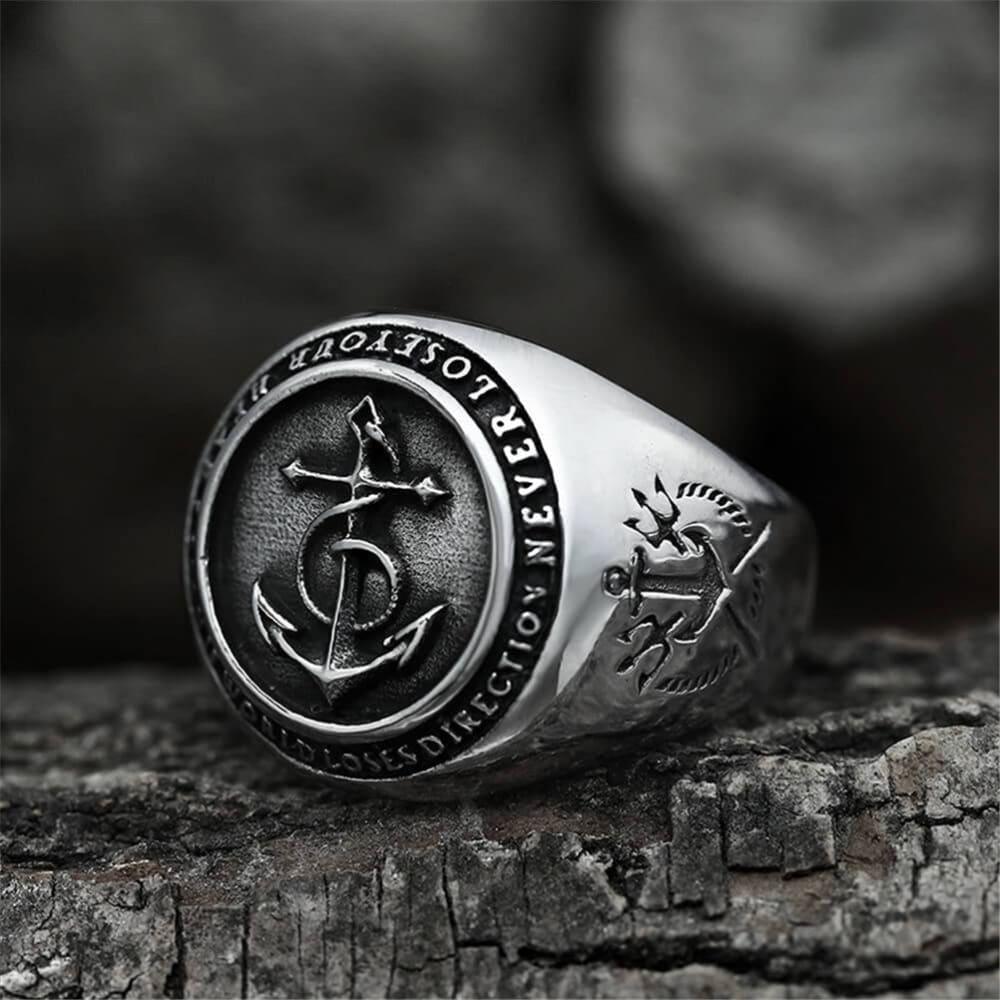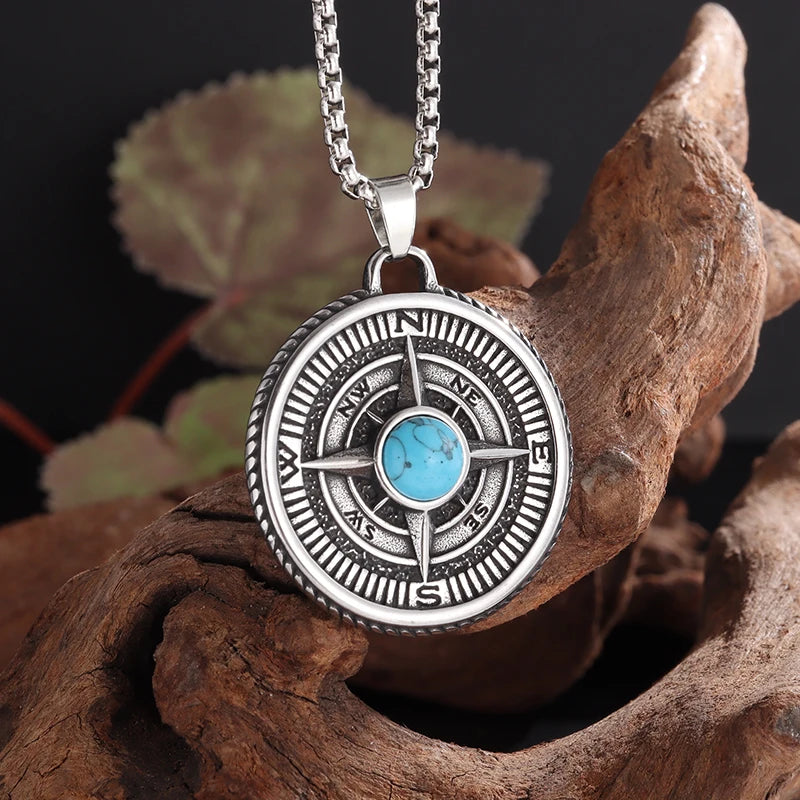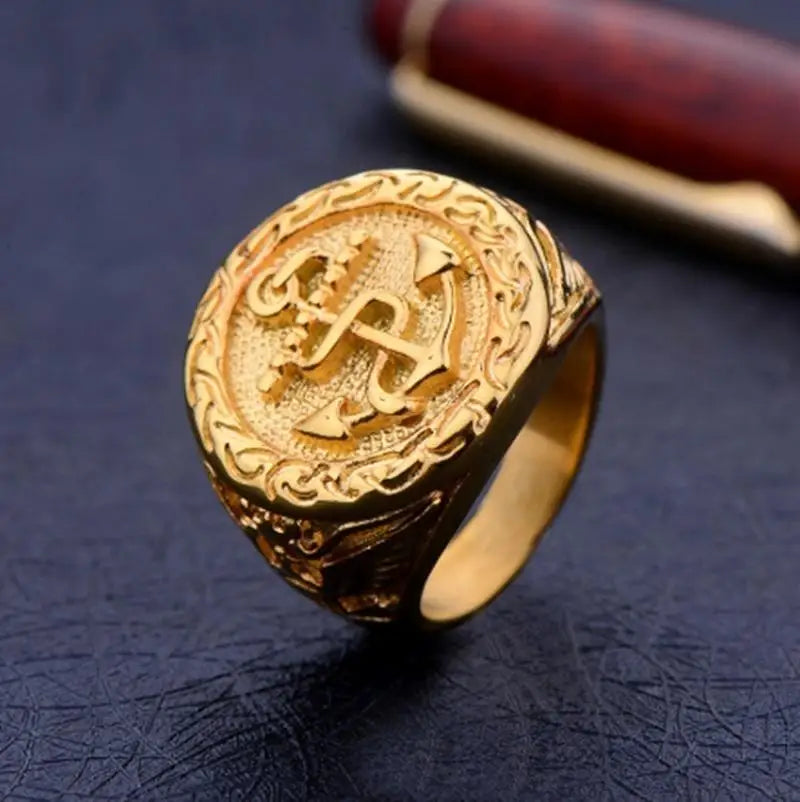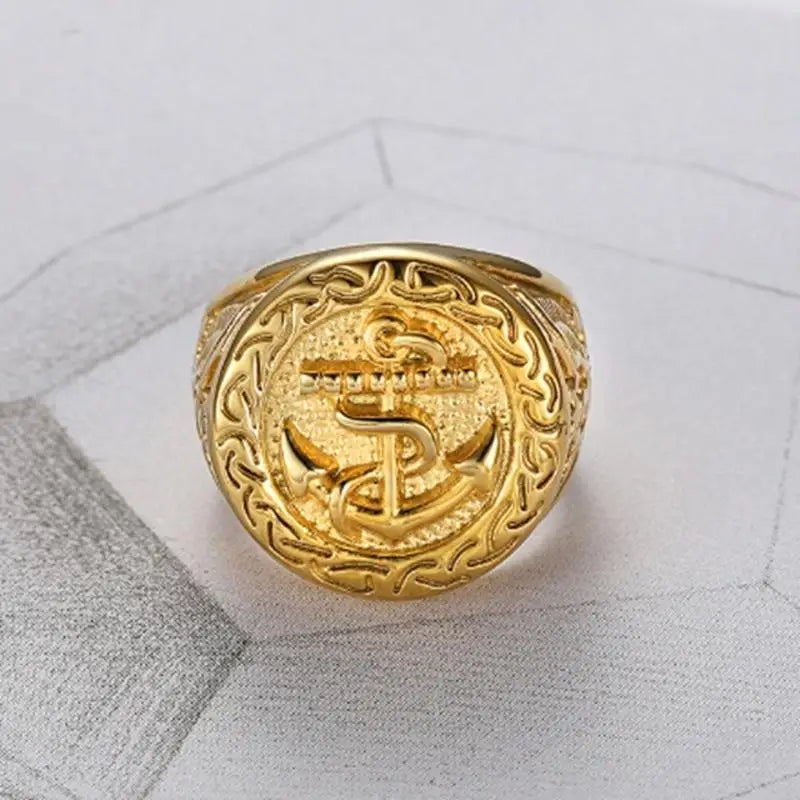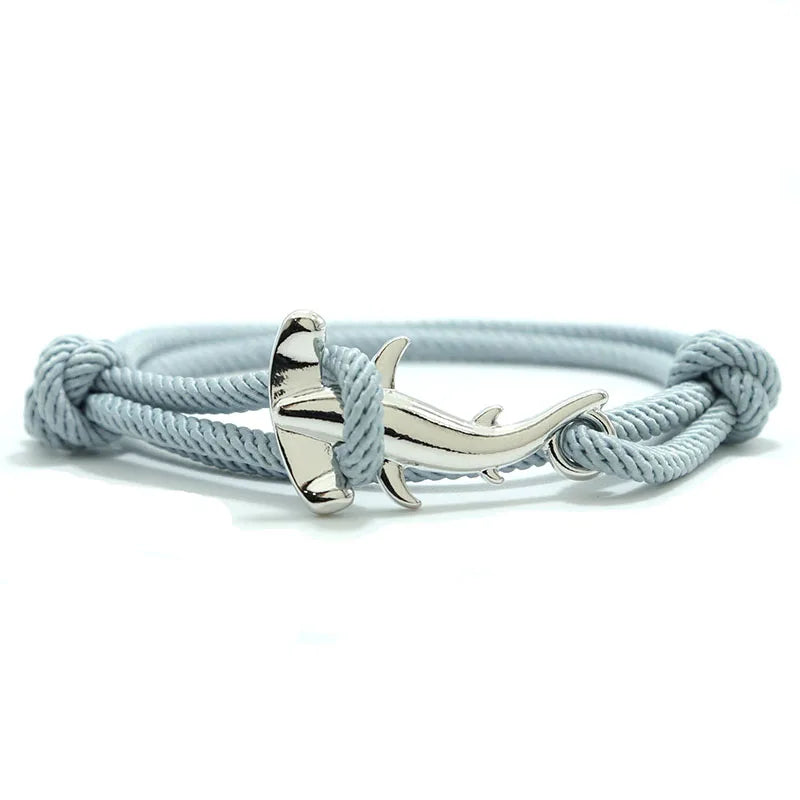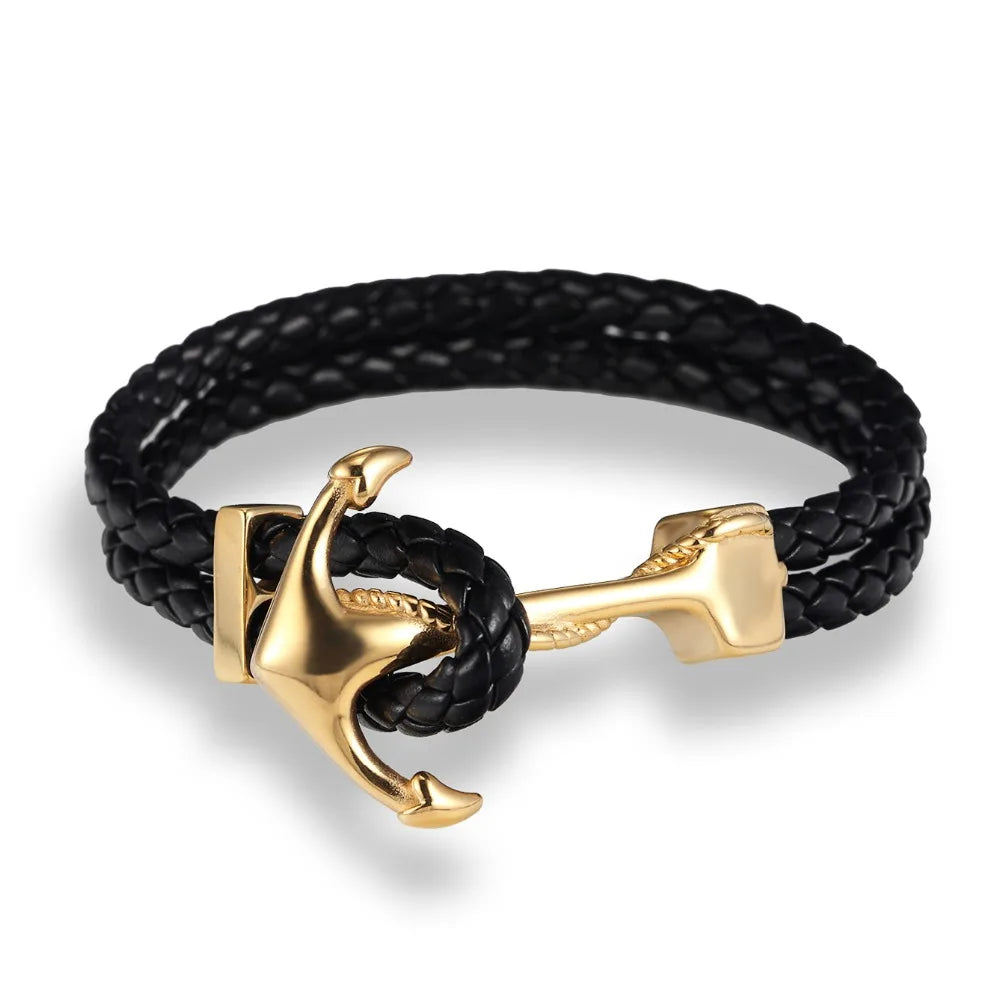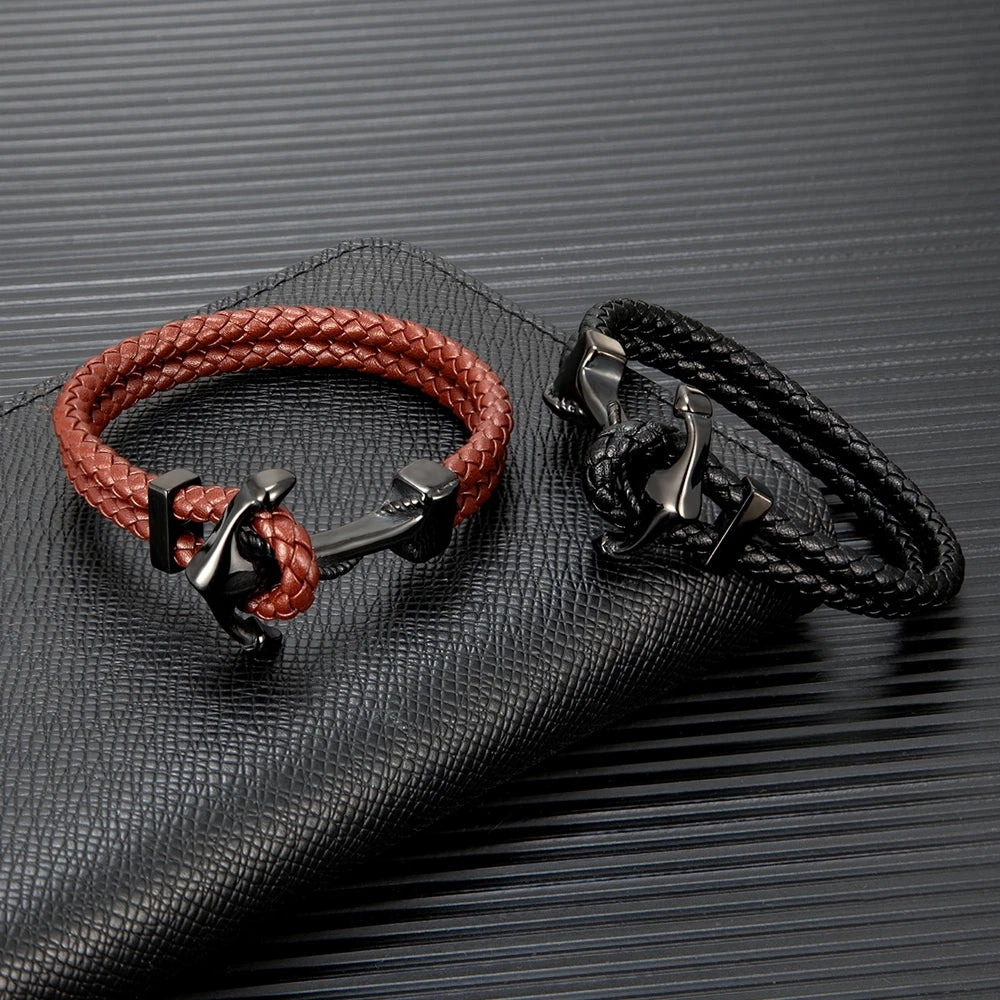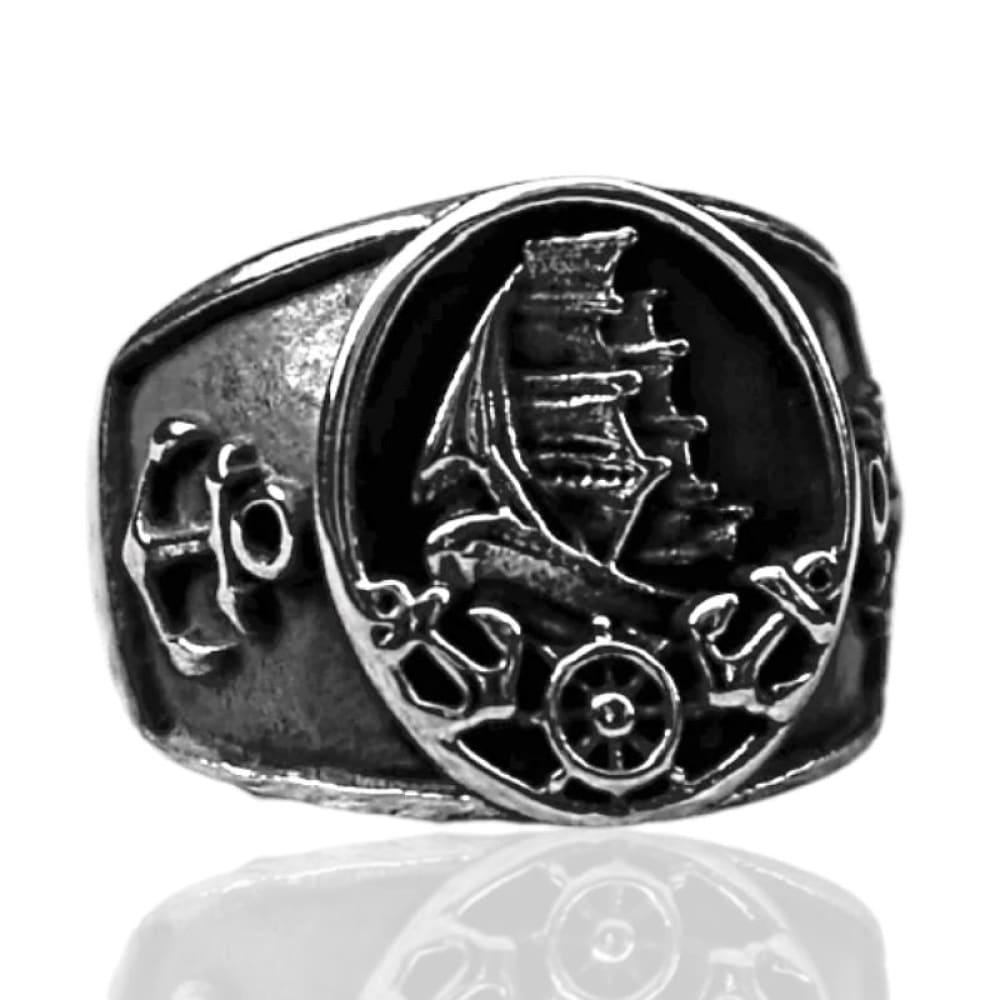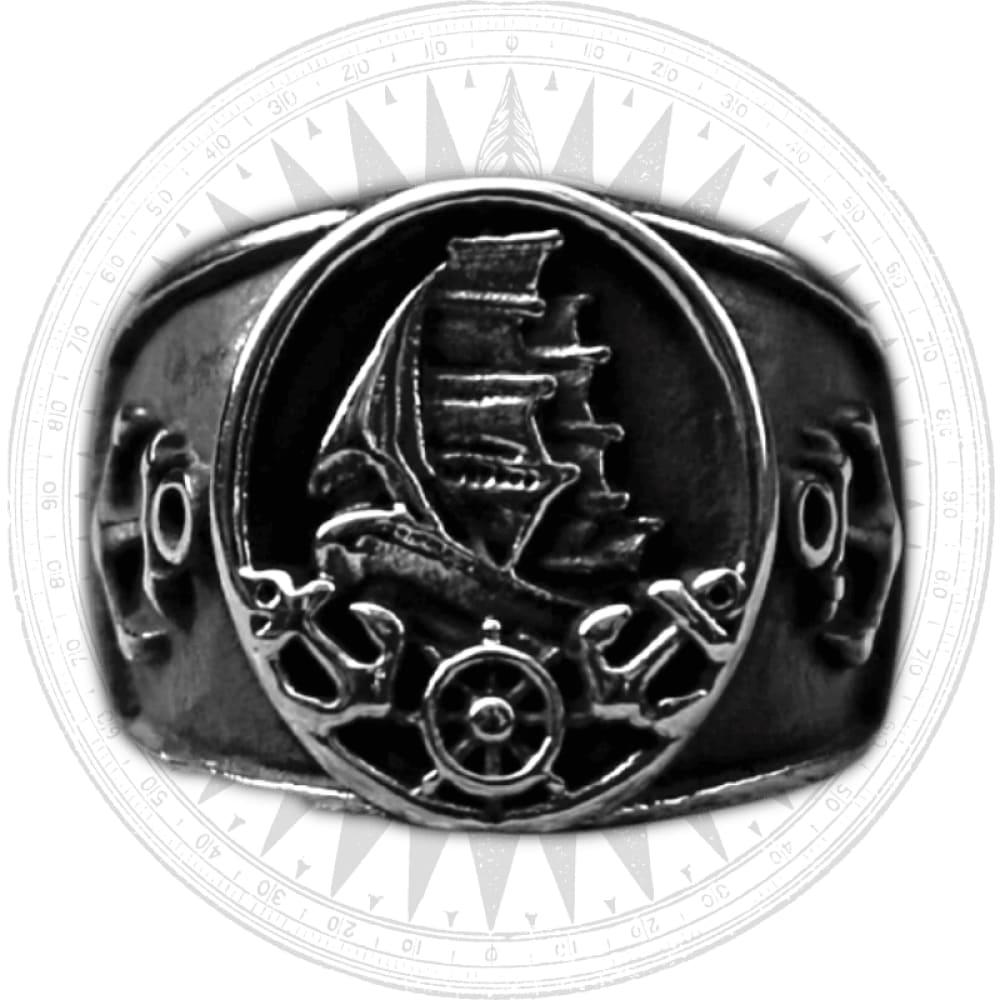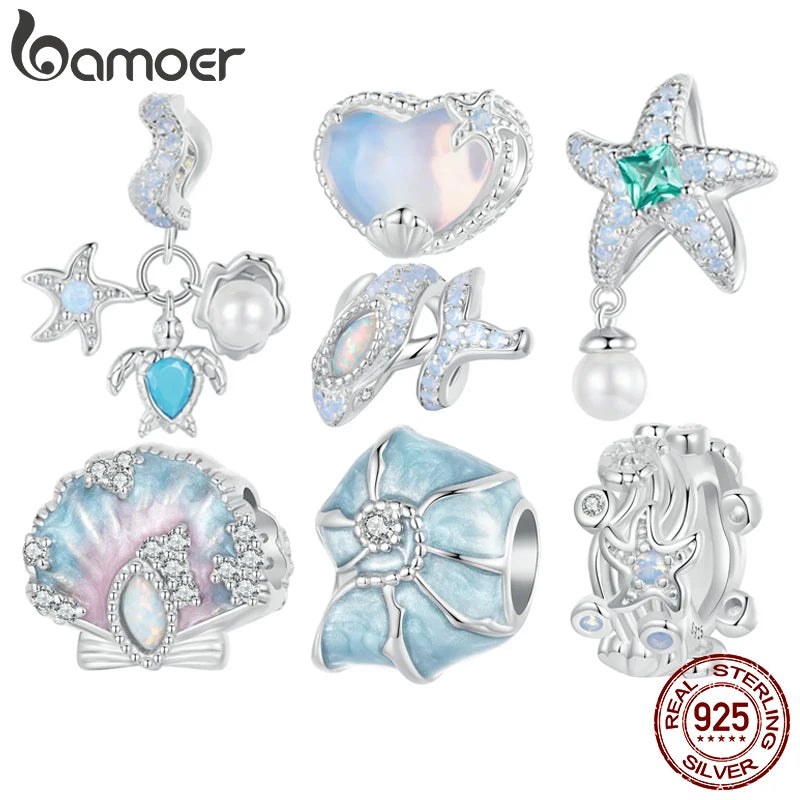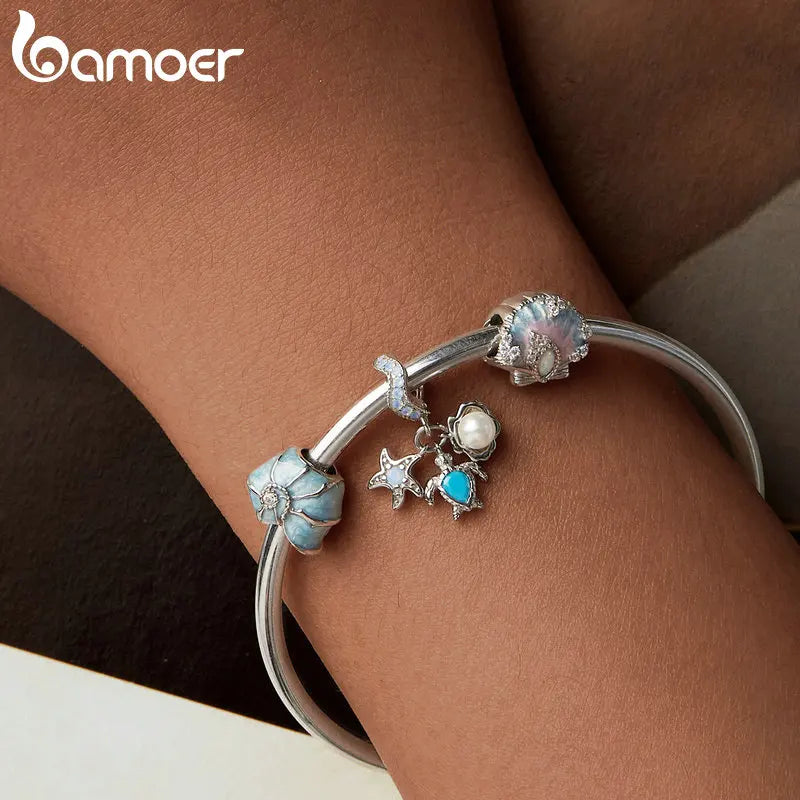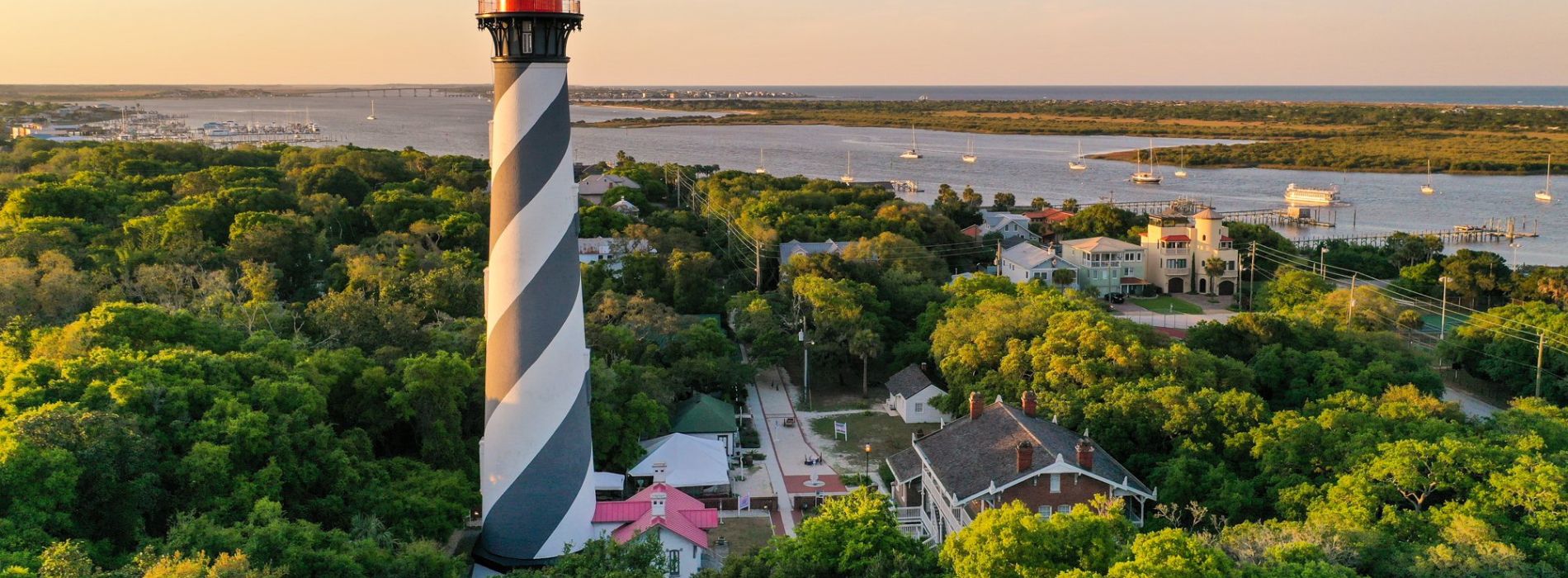How far can a cruise ship travel in a day?
How far can a cruise ship travel in a day?
Factors that Determine the Distance Covered
When it comes to the distance a cruise ship can travel in a day, several factors come into play. First and foremost, the speed at which the ship operates plays a significant role. Modern cruise ships can easily reach speeds of 20-25 knots, allowing them to cover a considerable distance within 24 hours.
Another crucial factor is the duration of the cruise itself. Longer cruises provide more time for the ship to cover substantial distances. Additionally, weather conditions, sea currents, and navigational constraints also impact the overall distance covered by a cruise ship.
Size and Engine Power
The size and engine power of the cruise ship are important considerations in determining how far it can travel in a day. Larger ships with more powerful engines can maintain higher speeds for longer periods, enabling them to cover greater distances. These ships are designed for long-haul journeys and can travel thousands of nautical miles in a single day.
Cruise lines often prioritize speed and efficiency in their ship designs, ensuring that their vessels are capable of traveling long distances within a short span of time. This allows passengers to visit multiple destinations during their cruise itinerary.
In contrast, smaller cruise ships may have lower speeds and engine power, restricting their daily distance covered. These ships are typically designed for shorter cruises or to explore specific regions where speed is not a priority.
Navigational Constraints and Itinerary
While cruise ships have the potential to cover vast distances in a day, their actual route and itinerary play a crucial role in determining the distance they travel. Navigational constraints such as port stops, canal transits, or island visits can limit the ship's overall daily distance.
In cases where a cruise ship has several port calls scheduled for a particular day, the ship may spend less time at sea, consequently reducing the distance covered. Similarly, canal transits, such as the Panama Canal or Suez Canal, involve navigating through narrow waterways, which can slow down the ship and limit the distance covered.
Itineraries are carefully planned by cruise lines to balance the distance covered with the passengers' overall experience. They aim to provide a mix of sea days and port visits, allowing passengers to explore different locations while still enjoying time onboard the ship.
The Impact of Cruise Ship Speed
The speed at which a cruise ship travels has a direct impact on the distance it can cover in a day. The average speed of a modern cruise ship is around 20 knots, which is equivalent to approximately 23 miles per hour or 37 kilometers per hour.
At this speed, a cruise ship can typically cover around 480 nautical miles or 890 kilometers in a 24-hour period. However, it's important to note that cruise ships often adjust their speed based on various factors such as weather conditions, fuel consumption, and itinerary requirements. This means that the distance covered may vary from day to day.
Weather Conditions
Weather conditions can significantly impact the speed and distance covered by a cruise ship. Strong winds, rough seas, or adverse weather conditions may force the captain to reduce the ship's speed or alter its course for safety reasons.
In such cases, the ship may cover a shorter distance than anticipated. Conversely, favorable weather conditions can allow the ship to increase its speed, resulting in a greater distance covered in a day.
Cruise lines closely monitor weather forecasts and adjust their itineraries and speeds accordingly to ensure the safety and comfort of their passengers.
Fuel Consumption and Efficiency
The fuel consumption and efficiency of a cruise ship also play a role in determining the distance it can travel in a day. Fuel is a significant operational cost for cruise lines, and optimizing fuel consumption is a priority.
Modern cruise ships are equipped with advanced technologies and design features that enhance fuel efficiency, allowing them to cover greater distances while utilizing less fuel. These include streamlined hull designs, advanced propulsion systems, and energy-saving measures onboard.
By minimizing fuel consumption, cruise ships can travel longer distances without the need for frequent refueling stops, enabling them to cover more ground in a day.
Conclusion
In conclusion, the distance a cruise ship can travel in a day depends on various factors, including the ship's size and engine power, navigational constraints, speed, weather conditions, and fuel consumption. While modern cruise ships can travel at high speeds and cover significant distances, their actual route and itinerary play a crucial role in determining the distance covered. Cruise lines carefully plan their itineraries to balance sea days with port visits, ensuring a memorable experience for passengers. So, whether you're embarking on a transatlantic voyage or exploring multiple ports, rest assured that cruise ships are designed to efficiently cover great distances, allowing you to enjoy the magnificent journey.


